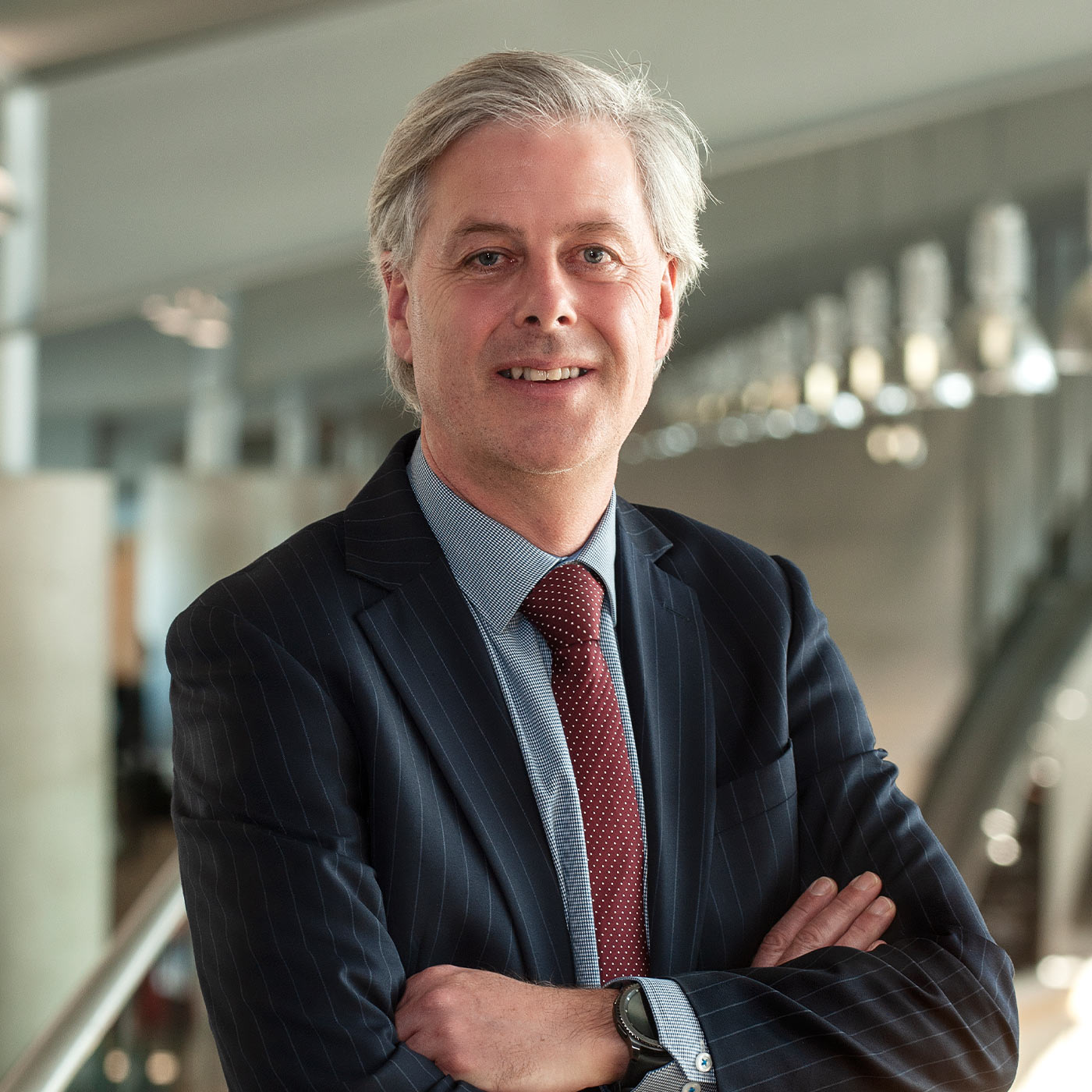Welcome to He Kitenga: people, place, planet
What are the most important things? Not possessions or prizes, peer esteem or profile. But, simply, they are people, place and planet.
In research we sometimes use proxies like impact factors, citations, or the media profile of our publications to gauge the importance and impact of our work, but if there is no real and lasting positive imprint left on a community from our work then the job remains only half done. Publishing our work is only the beginning of the journey to leave an enduring legacy for the people we care for, the places we love, and the planet that nourished us and ensures our ongoing survival.
In this edition of He Kitenga we showcase work from the University of Otago that has set out to achieve enduring impact in these areas of importance, either through basic enquiry and navigating complexity, or by focusing with sharp precision on a specific issue that needs immediate attention.
We have learned in the challenging times of a global pandemic that the power of research to contribute knowledge and understanding to a crisis response, and the recovery and rebuild stages that follow, is vitally important.
We are now looking at looming crises of environmental degradation, poverty, disease, inequalities and, most importantly, the effects of global climate change that must draw on the best of our thinking and actions to tackle effectively.
Stories in this edition cover topics of health, society, economy, technologies, environmental stewardship and more, but all focused on those three most important things: people, place and planet.
In choosing to focus on the translational impacts of our work in these areas we were reminded of and guided by the principles of community relevance on which we were founded more than 150 years ago. We are also reminded of the importance of redefining ourselves to be most relevant to our people and our places on the planet – Aotearoa and the Pacific to be specific.
The University is in the process of completing a major strategic reset with our Vision 2040 being finalised as this volume of research highlights goes to print; we are sure that what is represented here will act as a beacon for our current and future research leaders over the decades ahead.
I am exceptionally proud of the achievements and enduring benefits evident from our research and I leave you now to enjoy the stories. If you find that you or those around you would benefit from the knowledge and expertise of our researchers then please feel free to reach out to contact them directly. I am sure that they will be happy to help.
Ngā mihi manaakitanga,
Professor Richard Blaikie
Deputy Vice-Chancellor
(Research and Enterprise)
